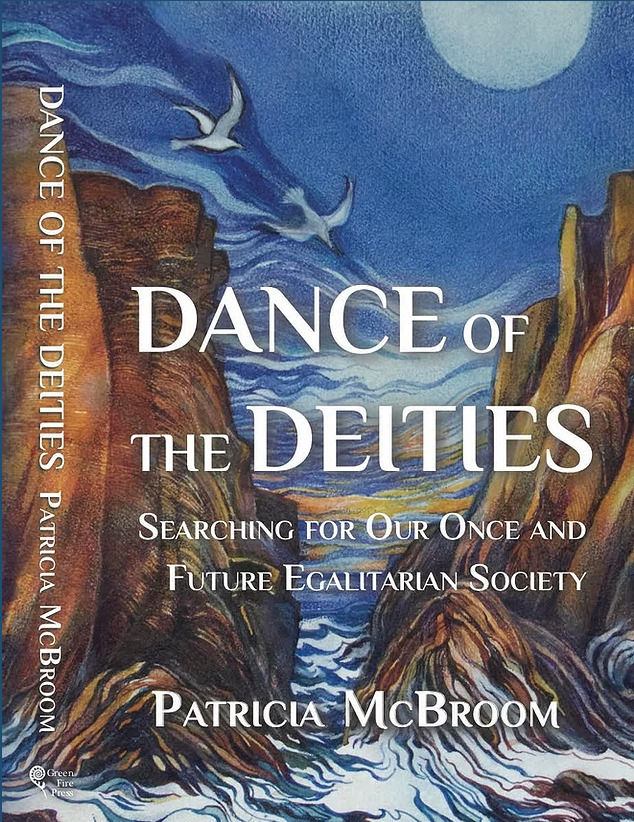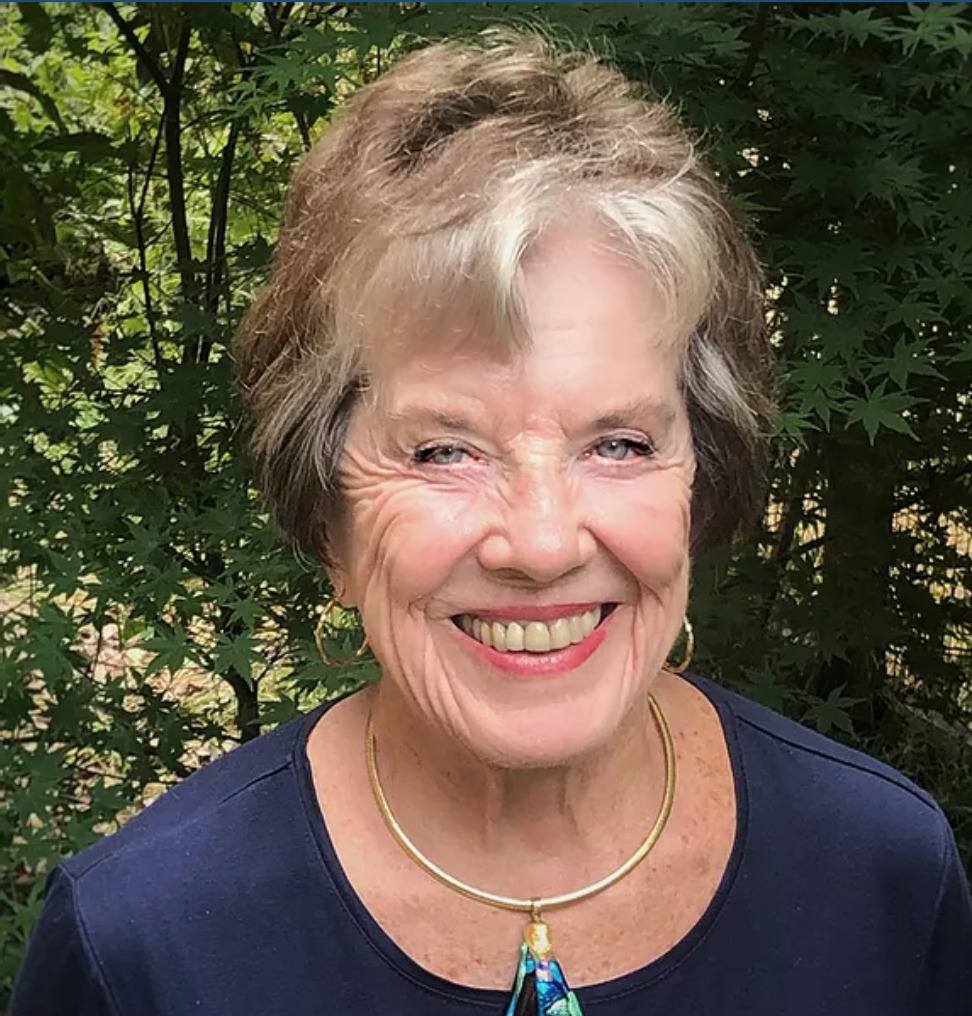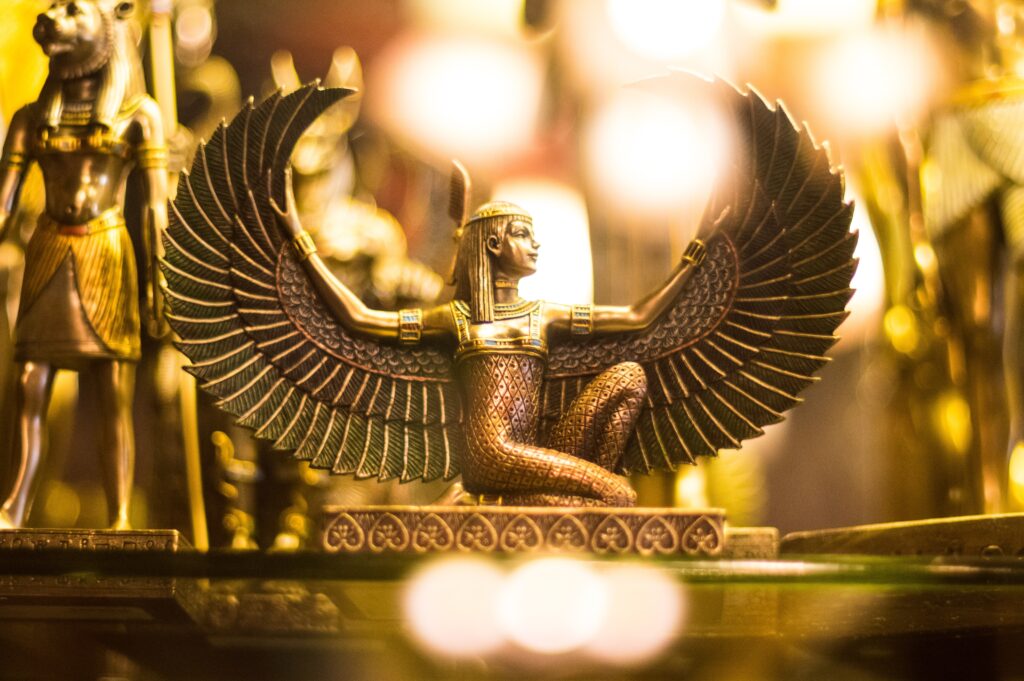‘Dance of the Deities’: A 50-year search for female authority
A new book by Patricia McBloom unlocks the mysteries of civilization and why equality between men and women has been so elusive.
Dance of the Deities is the only book to combine memoir and research on gender equality in human culture. It explores the causes of male dominance and teaches us how to learn from the deep past to create a thriving egalitarian future. Anthropologist and journalist Patricia McBroom takes readers back to 10,000 BCE in a lively story of the author’s 50-year search for female authority.
“The book nearly exploded in my hands,” says acclaimed religious historian, Anne Barstow. “Incredibly rich, suggestive and courageous, it is loaded with so much — the author’s own journey and the war going on among archaeologists over the goddess.”
Read an excerpt from this fascinating book below:
One morning recently, I was sitting quietly in meditation as I normally do, focusing on my breath moving in and out, when, suddenly I couldn’t breathe! Fear flashed through my mind followed by the thought, “If I can’t breathe, I will die!” I leaped from my chair gasping and struggling for air. Finally my lungs expanded and I took the air in gratefully, along with an overwhelming rush of sadness and grief. The feelings were close and personal; they were about losing God!
I was stunned. How could this be? I am eighty years old. I’ve been a feminist for nearly half a century. I don’t appreciate patriarchal belief systems, whether secular or divine. I left God when I was seventeen, walking out on a white-bearded evangelical minister who was waving his arms at the front of the Presbyterian church in Pasadena, California, calling people to atone for their sins. I was disgusted and I never returned to that sort of religion. So why was I mourning this male God of Christianity?

In subsequent days, I began to put together the connections my subconscious had been hiding over these many years. My brain had connected marriage, husband and God into one male dominant package—all of which I had rejected as a young woman. Though I’d had several monogamous unions in my life, I never married, never followed the patterns set out for a woman coming of age in the 1950s. Instead I pursued a career in journalism and anthropology, always keeping alive the hope that I would find a man with whom I could achieve equality. For me the idea of “wife” was tainted with a threat of losing independence.
Four days before the breathing incident, I had taken a therapeutic trip with psychedelic mushrooms, intending to put this lifelong search for the Right Man to rest. I knew with some part of my mind that it was an adolescent search and I needed help in making the subconscious connections.
The trip had been horrible! I saw myself dead, buried under the ground with my arm reaching out of the dirt for help. My guide—an attractive young woman—appeared to me with scant white hair falling off her head. I didn’t know what this experience meant other than the obvious message that I didn’t have much time left. Better not waste it!
But now, days later, I had come to an astounding new meaning. In fact, I had to grieve the death of God if I were to let go of the old idea that the right man could “save” me, could provide the wisdom and guidance I needed. Husband and God were joined in a way I had never understood—until I opened this deep-seated mental lock with a psychedelic medicine.
I didn’t come easily to a pioneering stance for a woman of my era. As detailed in chapter two, my life had been traumatized by the death of my younger sister when I was thirteen and by the subsequent dysfunction of my parents and family. I struggled through a deep sense of abandonment, taking refuge in learning and intellect. The last thing I wanted as a young woman was to marry and have children. I wanted to experience the world! I wanted an identity, nothing like the role of “wife”—a person who in my mind had no name.
I saw so many college-educated women of my generation choose marriage and motherhood and then move out into the new post-war suburbs, where they fell into loneliness and alcoholism, dependent on husbands who ran the world outside. I wanted none of it. If I had married, I knew I was supposed to give away my power to a partner. Especially if I married an upwardly mobile man (as I was supposed to do), I would have felt compelled to follow him, to extoll his creativity, his intelligence, his agency, while diminishing my own. That’s what I thought we women should do, and the men in my generation expected it too. To make matters more difficult psychologically, I was born of a mother who dominated my father and I never stopped trying to make him stand tall in my mind.
Dance of the Deities is available here.

About the Author
Patricia McBroom is an anthropologist, science journalist, professor of women’s studies and author. Her 1985 book The Third Sex investigates women adapting to professional roles on Wall Street and was described in a New York Times review as “a brave and stunningly intuitive journey.”
A former science writer at the Philadelphia Inquirer, Patricia earned her degree in anthropology at the University of Pennsylvania and in 1980 published a book on the genetics of behavior. She has taught at Rutger’s University, Mills College, and the University of California at Berkeley.
Her newest work, Dance of the Deities, is a memoir challenging male-biased academic narratives of human culture and evolution, weaving together stories of female authority in egalitarian societies.






